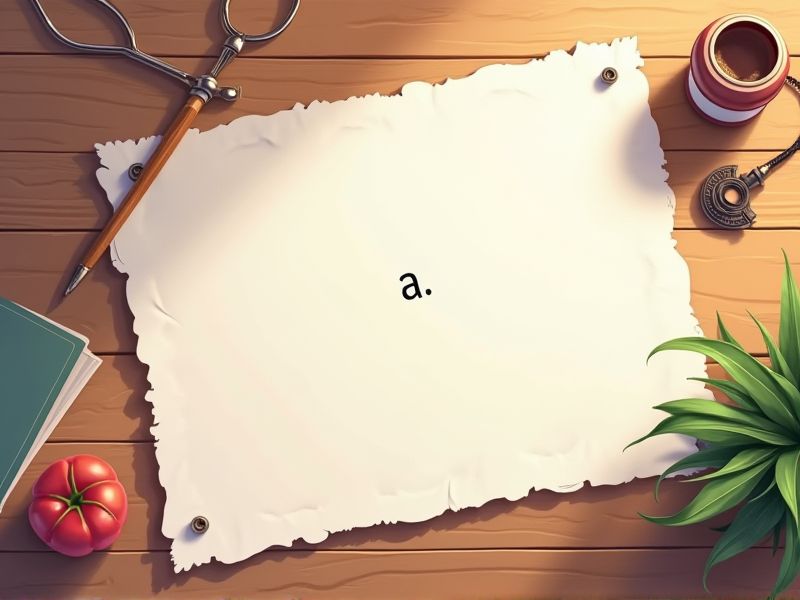
Marine captains need certain certifications to ensure safe and effective vessel operations, fulfilling regulatory responsibilities. These certifications verify knowledge in navigation, emergency procedures, and maritime law, contributing to operational efficiency. As marine environments pose complex challenges, specialized training in areas like hazardous materials handling and advanced seamanship becomes essential. Here are some important certifications required for a Marine captain.
Master Mariner Certificate
The Master Mariner Certificate qualifies a marine captain to assume full command responsibility for a vessel, ensuring adherence to international maritime regulations. Holding the certificate enhances a captain's navigational and crisis management skills, which are critical during adverse situations at sea. The certification process provides essential training in safety protocols and environmental protection, essential for mitigating risks and complying with global standards. Certification is often a requirement for command roles in many international shipping companies, affecting career advancement opportunities in the maritime industry.
STCW Basic Safety Training Certificate
Possession of the STCW Basic Safety Training Certificate ensures that a Marine captain has the essential skills for personal survival techniques and emergency response. Regulations require this certification to align with international safety standards for seafarers. Acquiring this certificate reduces risks on board, reinforcing safety for the crew and vessel. The STCW certification boosts a Marine captain's employability, signaling proficiency to potential employers.
STCW Advanced Fire Fighting Certificate
The STCW Advanced Fire Fighting Certificate equips marine captains with specialized skills to manage and unite a crew during firefighting scenarios on board. This certification ensures captains can lead in fire prevention, detection, and risk assessment, reducing potential hazards. Compliance with the International Convention on Standards of Training, Certification, and Watchkeeping aligns with safety regulations, which protect the vessel and its crew. Enhanced firefighting capabilities directly impact the vessel's safety, promoting a secure maritime environment.
STCW Proficiency in Survival Craft and Rescue Boats Certificate
The STCW Proficiency in Survival Craft and Rescue Boats Certificate ensures that marine captains have the skills to operate life-saving equipment effectively. This certification directly impacts crew and passenger safety during emergencies by equipping captains with rigorous training in survival craft operations. Compliance with international maritime regulations is achieved, reducing legal and operational risks for shipping companies. The certificate enhances a captain's preparedness and authoritative decision-making in crises, reinforcing confidence among the crew and stakeholders.
GMDSS Operator Certificate
The Global Maritime Distress and Safety System (GMDSS) Operator Certificate is required for a Marine captain because it ensures proficiency in communication protocols critical during emergencies. Marine captains handle advanced communication equipment, which is integral for safety and efficiency in global maritime operations. Holding this certificate demonstrates compliance with international regulations, ensuring vessels meet the safety standards set by the International Maritime Organization. Reliable communication facilitated by a certified operator enhances coordinated search and rescue operations, ultimately safeguarding crew and passengers.
ECDIS Certification
ECDIS Certification ensures that marine captains can competently navigate using Electronic Chart Display and Information Systems, which reduces the risk of navigational errors. Regulations mandate that shipping vessels utilize ECDIS for safer and more efficient maritime operations, making certification a compliance requirement. Accredited ECDIS training familiarizes captains with updated technological advancements, enhancing operational safety and efficiency. Certification demonstrates a captain's proficiency in digital navigation tools, aligning with industry standards and improving qualification credibility.
Bridge Resource Management Certification
Marine captains require Bridge Resource Management (BRM) Certification to effectively improve communication and teamwork on the bridge, reducing the risk of human error. The certification helps captains develop crucial decision-making skills, enhancing their ability to respond to emergencies. BRM training assists in understanding the importance of using all available resources, ensuring optimal vessel safety and efficiency. Compliance with international maritime regulations often mandates BRM Certification, promoting standardization and professionalism in marine operations.
Crew Resource Management Certification
Crew Resource Management (CRM) Certification enhances a marine captain's ability to effectively manage and utilize team resources, which improves decision-making and situational awareness. This training reduces human error by promoting better communication and coordination among crew members. Enhanced team dynamics and leadership skills gained through CRM lead to safer and more efficient vessel operations. Regulatory bodies and shipping companies often mandate CRM certification to ensure compliance with safety standards and industry best practices.
Marine Environmental Awareness and Response Certificate
Marine captains face complex environmental challenges that require informed decision-making to protect marine ecosystems, so a specialized certificate equips them with the necessary knowledge. The certificate program enhances their understanding of sustainable maritime practices, ensuring compliance with international environmental regulations. Trained captains are better prepared to respond effectively to marine pollution incidents, which mitigates environmental damage and potential legal repercussions. The industry's increasing focus on environmental sustainability demands that captains possess credentials that demonstrate their commitment and capability in preserving marine environments.
Integrated Bridge Systems Certification
Integrated Bridge Systems (IBS) Certification is necessary for marine captains because it ensures they are adept at handling sophisticated navigation tools critical for safe navigation. This certification demonstrates a captain's competency in integrating various systems such as radar, electronic chart displays, and automated navigation functions, which enhances situational awareness. With IBS Certification, captains can effectively minimize human errors by utilizing advanced technology, leading to safer maritime operations. Regulatory compliance requires ships to have certified personnel to operate these complex systems, ensuring adherence to international maritime safety standards.
Summary
You gain increased recognition and credibility by obtaining certifications. This recognition often translates into enhanced career opportunities and potential for promotion. Certifications can equip you with specialized skills, enhancing operational effectiveness. You can expect greater networking opportunities within the Marine Corps and beyond.
